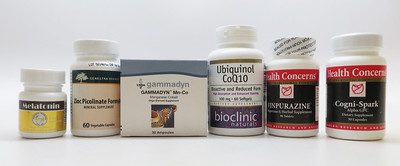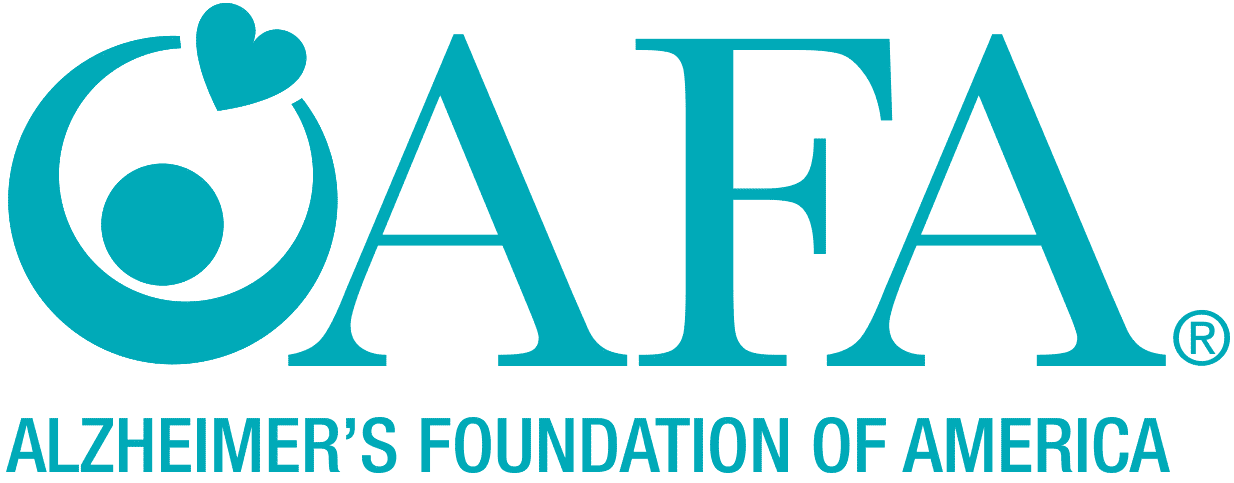Avoiding Supplement Scams

“If it sounds too good to be true, it probably is.”
That old adage cautions us to be wary or suspicious of things that make great promises about seemingly impossible feats—rapidly losing weight without dieting or exercise, becoming wealthy overnight, or, in the case of Alzheimer’s disease, curing it through dietary supplements.
Unfortunately, unsavory companies and marketers prey upon families affected by dementia, selling them products that make false promises and provide false hope about being able to cure dementia-related illnesses. These products, usually sold over the internet and often falsely labeled as dietary supplements, waste consumers’ money and can potentially be dangerous, according to the U.S. Food and Drug Administration (FDA)—not only will they fail to deliver on their promises but they can also potentially interact and interfere with essential medications a person is taking.
Watch for these warning signs:
Sound too good to be true? According to the FDA, companies selling such products often include expansive and unsupported claims about their supposed “healing powers.” Statements such as “reverse mental decline associated with dementia in just a week” or “supplements are used to cure Alzheimer’s disease” should be red flags.
Does it “treat” everything? “Miracle” cures for Alzheimer’s disease are sometimes advertised as treatments for a broad range of unrelated conditions. The FDA advises consumers to “steer clear” from products making these types of declarations—such as a supplement that claims to reverse the effects of dementia-related illnesses, but also relieve arthritis pain, ward off colds and flu, manage blood sugar and prevent bacterial infections.
Does it claim to be a scientific breakthrough? Right now, only a handful of prescription medications have been approved by the FDA to treat Alzheimer’s disease—none which cure it. Supplements making claims about a cure have not undergone FDA-approved clinical research and testing for safety and effectiveness. Be skeptical of product assertations that run counter to the current science.
Before buying or using dietary supplements or any over-the-counter product, speak with your doctor about its potential impact!
Reporting suspected scams
The FDA takes action against companies marketing unapproved drugs claiming to prevent, diagnose, treat or cure Alzheimer’s disease and other dementia-related illnesses. You can report non-FDA approved products and supplements advertised or sold as a treatment or cure for Alzheimer’s through the FDA’s website, www.fda.gov.
This article originally appeared in Alzheimer’s TODAY, Volume 16, Number 2, published by AFA. View the entire issue here.


